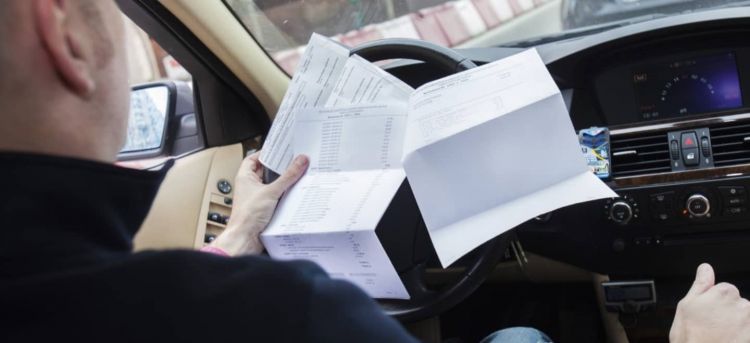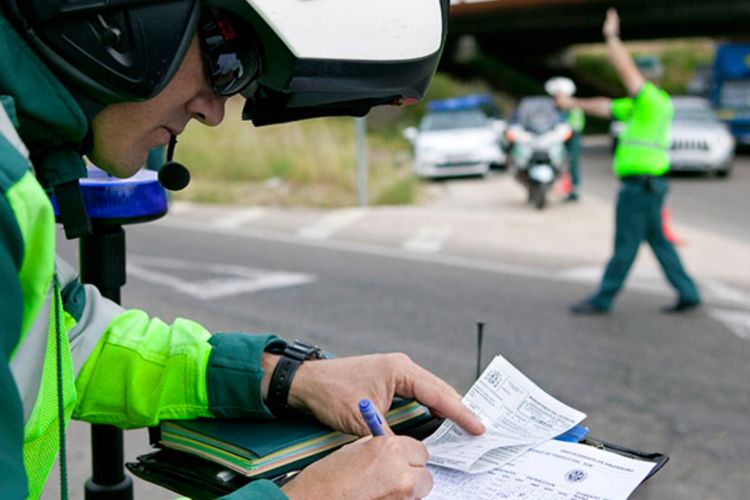When in Spain a driver commits an offense and receives an economic fine, the amount is established in the Traffic Law or in the General Circulation Regulations, as well as the deduction of points from the license (whose renewal process and medical examination has been recently revised). It is a closed figure that, yes, can be increased depending on some factors (seriousness of the event, danger to other road users, recidivism or driver’s record…), but never on their income. This is the key to progressive fines: those who collect more, pay more.
A progressive fine is, in effect, a sanction in which the amount that the offender will pay will depend on the income or income that he has. As explained in RTVEthis system is applied in European countries such as UK and Switzerland as well as in EU Member States such as Denmark, Finland and Sweden.
Progressive fines in Europe
The first country that opted for progressive fines was Finland, in 1921. The amount of each penalty must be, according to the Criminal Code, reasonable taking into account the offender’s ability to pay: to calculate it, they are based, among other things, on one sixtieth of the average monthly income of the driver in question.
In Sweden they can take income into account for the most serious offences, but not for those they consider to be minor. In Denmark, for its part, there are bonuses for speeding fines: If the driver has an income of less than 1,293 euros per month or 15,514 euros per year, the amount will be reduced by 50%.
Outside the European Union we find the cases of the United Kingdom and Switzerland. The British system only takes into account personal income in a specific case: when the driver decides to appeal a speeding ticket claiming that he is innocent, but the judge finds that he is guilty. Thus, the amount will be established taking into account your weekly income and the kilometers in which you have exceeded the limit.
In Swiss We have, on the one hand, the possibility of reducing the amount to a minimum of 10 francs if the personal and economic situation of the driver so requires. On the other hand, if the infraction goes to trial, the judge can establish an amount taking into account the income and fortune of the offender.
Progressive fines in Spain
In our country, as we said, each sanction has an amount attached to it. However, if the infraction ceases to be administrative to be criminal (as occurs with certain speeding), the judge may establish a figure depending on various circumstances, among which your income may be included.
The fines, in Spain, are proportional: on the most serious offenses, the most severe punishments (financial and points) weigh. RTVE has talked about it with the General Directorate of Traffic, which has confirmed that this type of sanctions do not fall within its plans because we have the points system. The experts consulted by the public entity also point out that a progressive system “would be unfeasible” because, due to the volume of infractions, the entire sanctioning system would slow down.







